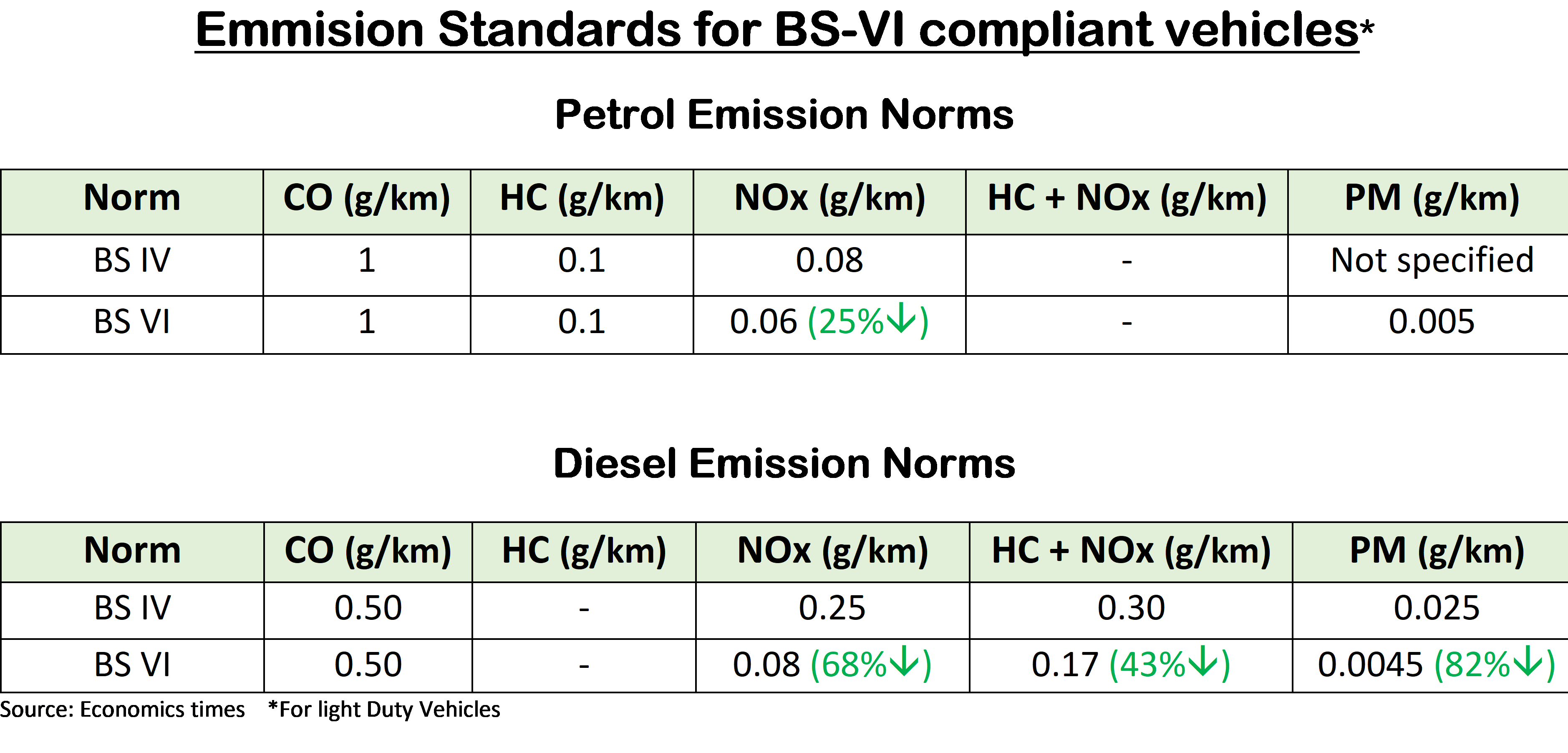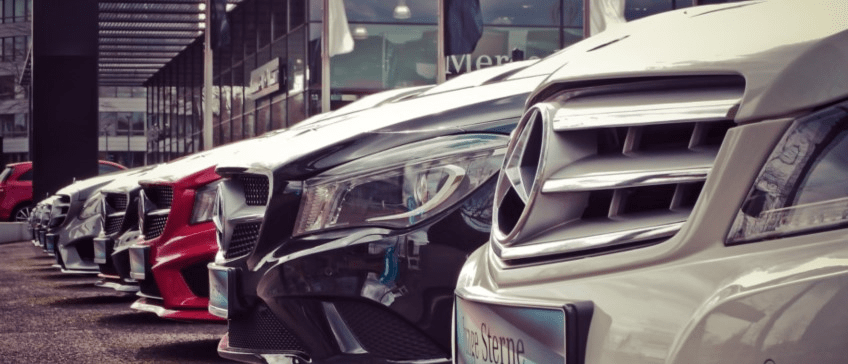Supreme court has mandated sale of only BS-VI compliant vehicles post April 2020. How will this impact the air we breathe?
In November, 2017, the Ministry of Petroleum and Natural Gas took the drastic proactive measure and advanced the introduction of Bharat Stage VI fuel norms well before the scheduled date of April 2020 nation-wide to April 1, 2018 in Delhi (not NCR).
However, the implementation of BS VI emission standards for the country is not complete. First, BS-VI fuel was enforced for all existing cars on April 1st this year in Delhi, when the capital became the first city where state-owned oil companies began supplying Bharat Stage VI fuel at existing prices at their 391 petrol pumps. Cities in the national capital region as well as 13 major cities will switch over to cleaner BS-VI grade fuel from January 1 next year and the rest of the country will follow from April 2020.
And now, swiftly moving towards the final step for full-fledged implementation, the Supreme Court has mandated that non-BS-VI compliant vehicles cannot be sold and registered after April 2020. This gives way for Bharat Stage VI (or BS-VI) emission norm to come into full force from April 1, 2020 across the country.
Given this recent momentous step by the government, it would be helpful to understand what the Bharat Stage (BS) Emission Standard is, why it is important, and what its implementation means for all of us.
What is Bharat Stage (BS) emission standard?
Bharat Stage emission standards (BSES) are emission standards instituted by the Indian government to set limits on the output of air pollutants from combustion engines, including motor vehicles. These standards are modelled on European regulations. The recently implemented BS VI is equivalent to Euro 6 emission standards which primarily aims to reduce the emissions of particulate matter (PM), nitrogen oxides (NOx), carbon monoxide (CO), hydrocarbons (HC).

To reach the set levels of emission from automobiles, the BS-VI standard fuel has reduced quantities of chemicals like sulphur and lead. It now has 10ppm sulphur, in contrast with 50 ppm sulphur in BS IV fuel.

In addition to this, the new emission guidelines mandate a need for more sophisticated technology to make sure that these new cars don't cross the permissible limits for their exhaust. It will take the following installation and upgrades in car manufacturing to make this transition:
- Diesel Particulate Filter (DPF) - which will help reduce PM in diesel vehicles.
- Selective Catalytic Reduction (SCR) Module - For reduction in NOx emissions.
- OBD (On Board Diagnostics) will become mandatory for every vehicle and it will help monitor the pollution caused by the vehicle in real time.
- RDE (Real Driving Emission) will be introduced for the first time that will measure the emission in real-world conditions and not just under test conditions.
How BS VI standard will impact the air?
- The BS-VI fuels are set to significantly reduce greenhouse gas emissions.
- BS-VI fuel exhibits reduced emissions of particulate matter by 10%-20% in existing vehicles, and will show a substantial decrease of 82% in Bharat Stage VI-compliant engines.
- Reduction in SOx emissions owing to low sulphur content in BS 6 fuel.
- BS 6 fuel will also bring down emission of NOx (nitrogen oxides) from diesel cars by nearly 68% and in petrol cars by 25%.
The not so good news
Due to the improved technology required to make vehicles BS-VI compliant, there may be a surge in the price of petrol and diesel vehicles. There are also concerns that the process to reduce sulphur in diesel can lead to lower lubricity and readiness to burn which will negatively impact the energy content of the fuel, and correspondingly bring down fuel efficiency, if only by a small margin. As for the question of BS IV compliant cars that are still on the road, these cars will stay on the road till their registration holds, which might mean up to 10-15 more years.
The good news
With a prevalent need to cut particulate emissions, April 2020 will embark the complete effectiveness of instilling these regulations, when car manufacturers will roll out BS-VI compliant vehicles. Meanwhile in the current scenario, Delhi expects a winter slightly less dreadful than last year's, owing to the reduced emissions from cars already running on fuel a little cleaner than the previous BS-IV standard fuel.

